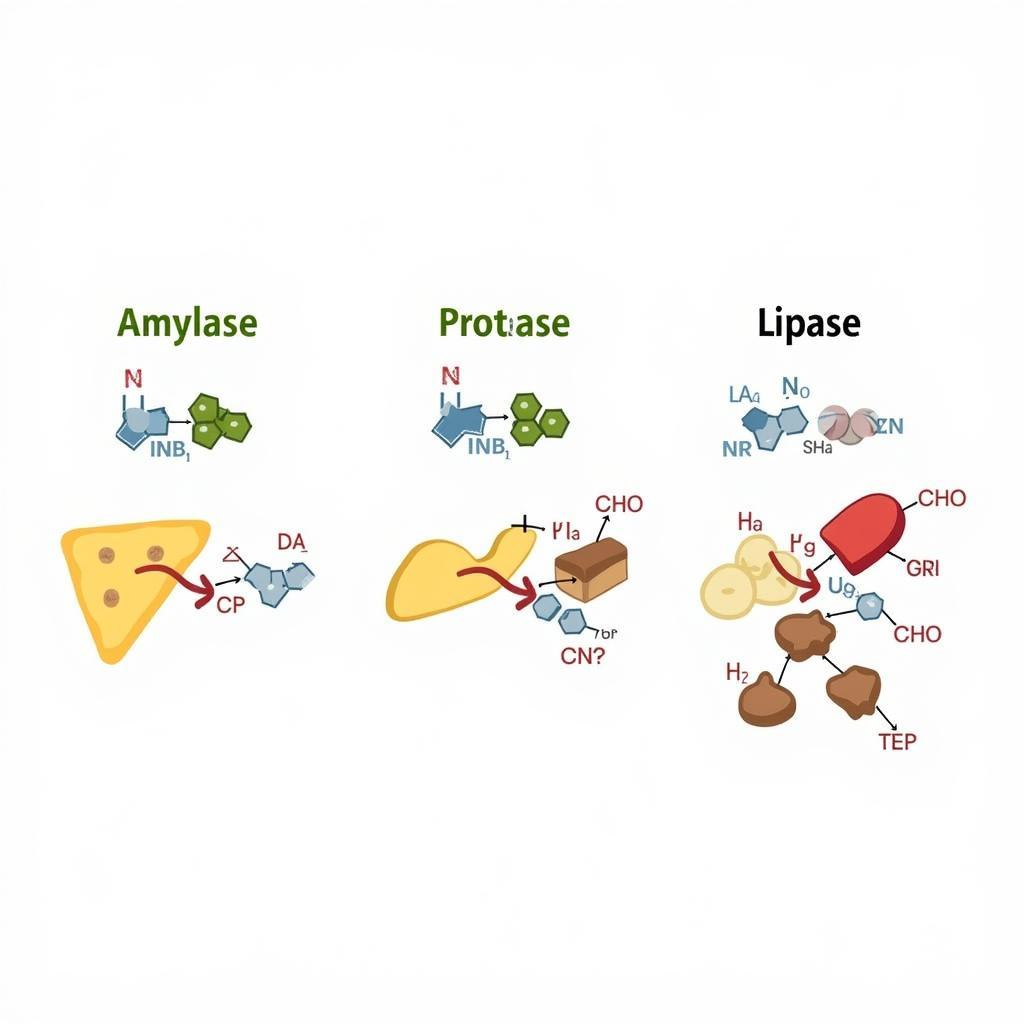Asean And The Principle Of Non-intervention are intrinsically linked. This principle, enshrined in the ASEAN Charter, is a cornerstone of the organization’s operations and interactions among member states and with the broader international community. Understanding its nuances is crucial to grasping the dynamics of Southeast Asian regionalism. This article delves into the complexities of non-intervention within the ASEAN framework, examining its historical context, practical implications, and future challenges.
The Historical Context of Non-Intervention in ASEAN
The principle of non-intervention in ASEAN emerged from the post-colonial anxieties of newly independent nations wary of external interference. The Cold War backdrop further cemented this principle, as Southeast Asia became a battleground for ideological and geopolitical rivalries. ASEAN’s founding fathers prioritized national sovereignty and territorial integrity, leading to the adoption of non-interference as a core tenet. This principle, initially a means of ensuring regional stability amidst turbulent times, has evolved and adapted to changing global landscapes.
The 1976 Treaty of Amity and Cooperation in Southeast Asia (TAC) formally codified the principle of non-interference, outlining a framework for peaceful conflict resolution and regional cooperation. This treaty, open to all countries, promotes mutual respect and non-interference in the internal affairs of one another. It serves as a crucial instrument for maintaining peace and stability in Southeast Asia.
Non-Intervention in Practice: Challenges and Successes
While non-intervention is a foundational principle, its application in practice has faced numerous challenges. Member states have occasionally accused each other of subtle interference, particularly regarding internal political matters or transboundary issues like haze pollution or human trafficking. Balancing the principle of non-intervention with the need to address regional challenges that transcend national borders has been a constant tightrope walk for ASEAN.
Despite the complexities, ASEAN’s commitment to non-intervention has facilitated dialogue and cooperation on several fronts. It has helped manage territorial disputes in the South China Sea, promote economic integration, and address shared security concerns. The principle has also allowed ASEAN to maintain a degree of unity and cohesion despite its diverse political systems and economic development levels. ASE com military aspects can also benefit from this principle as there is shared interest for stability.
How Does Non-Intervention Influence ASEAN Decision-Making?
The principle of non-intervention significantly impacts ASEAN’s decision-making processes, emphasizing consensus-building and consultation. Decisions are typically made through deliberation and negotiation, respecting the sovereign equality of member states. This approach, while sometimes slow and cumbersome, allows for broader ownership and acceptance of regional initiatives. It also reflects ASEAN’s commitment to peaceful dispute settlement and the avoidance of coercive measures.
The Future of Non-Intervention in ASEAN
In an increasingly interconnected world, the principle of non-intervention will continue to be tested. Emerging challenges like cybersecurity, climate change, and pandemics require greater regional cooperation and potentially necessitate a more nuanced understanding of non-intervention. ASEAN will need to strike a delicate balance between upholding the principle of non-intervention and addressing pressing regional issues that require collective action.
ASE root meaning relates to the organization’s strong foundation and commitment to fundamental principles like non-intervention. This commitment will be crucial in navigating the complex geopolitical landscape of the 21st century.
 ASEAN Non-Intervention: Future Challenges
ASEAN Non-Intervention: Future Challenges
Conclusion
ASEAN and the principle of non-intervention are deeply intertwined. This principle has played a crucial role in shaping the organization’s identity, promoting regional stability, and fostering cooperation among member states. While the application of non-intervention has faced challenges, its continued relevance is undeniable. As ASEAN navigates the complexities of a rapidly changing world, upholding and refining the principle of non-intervention will remain crucial for maintaining peace, stability, and prosperity in Southeast Asia.
FAQs
-
What is the principle of non-intervention in ASEAN?
The principle of non-intervention refers to the commitment of ASEAN member states to refrain from interfering in the internal affairs of one another. -
Why is non-intervention important for ASEAN?
Non-intervention promotes regional stability, fosters trust among member states, and facilitates peaceful conflict resolution. -
What are the challenges to the principle of non-intervention?
Balancing non-intervention with the need to address transboundary issues and the occasional accusations of subtle interference among member states. -
How does non-intervention influence ASEAN decision-making?
Non-intervention emphasizes consensus-building and consultation, respecting the sovereign equality of member states. -
What is the future of non-intervention in ASEAN?
ASEAN will need to adapt its understanding of non-intervention to address emerging regional challenges while upholding the core principle. -
Where can I find more information about ASEAN’s principles?
The ASEAN Charter and the Treaty of Amity and Cooperation in Southeast Asia (TAC) are excellent resources.
Common Scenarios Involving Non-Intervention
- A member state experiencing internal political unrest requests assistance from ASEAN. How does the principle of non-intervention guide ASEAN’s response?
- Two member states are engaged in a territorial dispute. How does ASEAN leverage the principle of non-intervention to facilitate a peaceful resolution?
- A transboundary issue like haze pollution affects multiple member states. How does ASEAN balance the principle of non-intervention with the need for collective action?
Further Exploration
Explore related articles on ASEAN cooperation, conflict resolution mechanisms, and the evolving geopolitical landscape of Southeast Asia.
Need support? Contact us 24/7: Phone: 0369020373, Email: [email protected], or visit us at: Thon Ngoc Lien, Hiep Hoa, Bac Giang, Vietnam.

